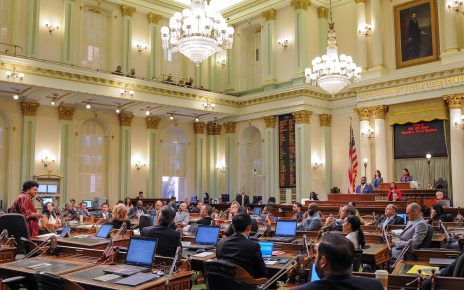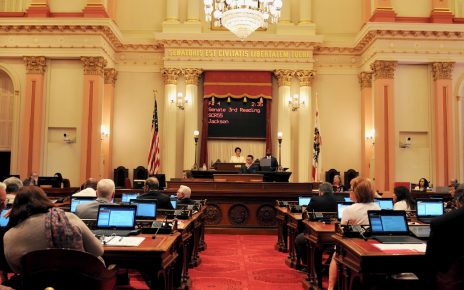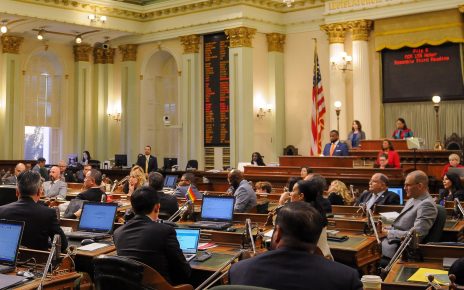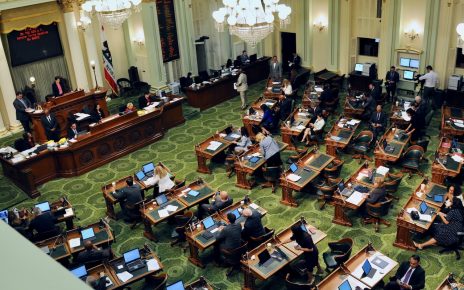ACA 11: Abolishing the State Board of Equalization
Assembly Constitutional Amendment 11 (Ting, Irwin, and Petrie-Norris) was introduced to abolish the State Board of Equalization (SBE) on January 1, 2026 and require the Legislature to create a state tax agency in its place. If approved by 2/3 of...







